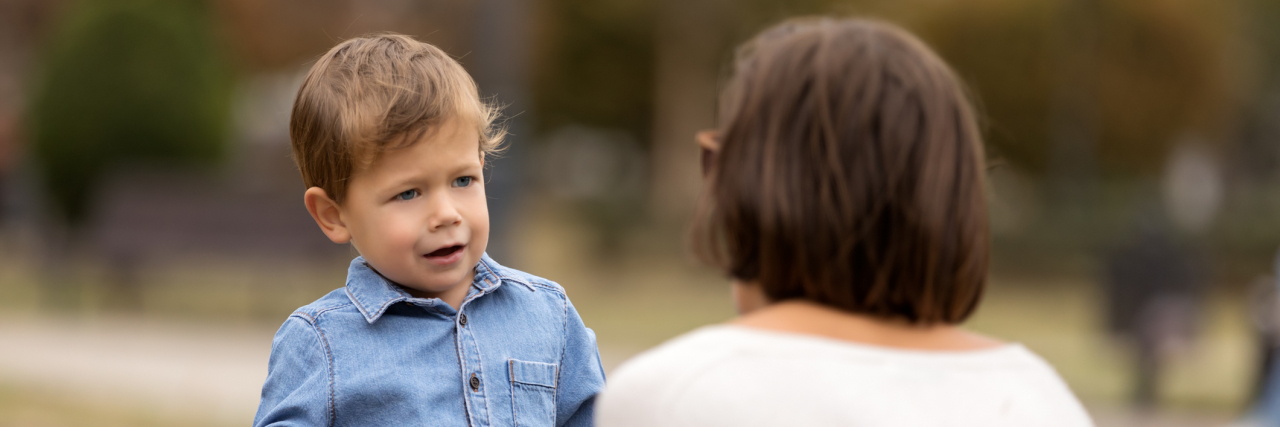I was walking down the hallway with a second grader I work with who was having a difficult time focusing in class. He requested that he miss outdoor recess, something he normally looks forward to, and said he gets “bored” when he has to stay on the blacktop when the playground is too wet to climb. I noticed something different with him that day. The usual energy, silliness, and wittiness I was so used to seeing from him was diminished.
When we arrived at my office, he immediately sat down and got out my basket of fidget toys and began playing with putty. After a few minutes, he said he did not get a lot of sleep the night before. Several students and teachers had mentioned this as a big storm hit our area that night with strong wind, rain, and consequential power outages and downed branches. However, his explanation both surprised me and triggered feelings I knew too well as a child. He said every time he heard a noise outside from the storm, he got up to look at the news on his computer, fearing the United States had gone to war. A chill went down my spine. We live in a small town in upstate New York, and I showed him on a world map how far we are away from the invasion of Ukraine. He said, “I guess that’s pretty far. You don’t think anything will happen here, right?”
I was immediately brought back to my childhood with his question. Even at almost 30 years old, I still seek this same kind of reassurance from people that things will be OK. When I was in fourth grade, 9/11 happened. I did not understand the full details at the time or what it all meant other than realizing the world was not as peaceful as I thought it was. In fifth grade, Washington D.C., Maryland, and Virginia were plagued by snipers. I was terrified to walk home from school, and both of these events shaped how uncomfortable I would feel about going to populated areas for the rest of my life.
When I was this age, I did not have regular internet access, especially if someone was using the phone, and I definitely did not have news alerts being sent to a cell phone throughout the day. All of the information I was getting about the terrorist attack, the upcoming war, and updates about the snipers was filtered through my parents and the news articles the teacher would have us read each morning. In hindsight, I am not sure whether an abundance of information as a child would have helped or hurt my anxiety and stress. However, kids today do not have as much of a choice as to what information they intentionally or unintentionally are exposed.
Factors like readily available computers, cell phones with internet, and social media create a constant stream of opinions, political attacks, disturbing pictures, and both true and deceitful information. This is overwhelming and tempts youth who are already stressed out to become fixated on the issues which are troubling for them.
My advice as a formerly anxious child and currently anxious adult who works with children with anxiety:
1. Tell the truth when asked about current events.
If they are asking, then they are actively seeking clarification.
2. Encourage breaks from screen time.
Even though we hear this frequently for health and mental health benefits, it is even more imperative now.
3. Acknowledge the stress, but don’t minimize the emotions.
Acknowledge the pain the people of Ukraine are enduring, but do not use this to minimize the fear and anxiety kids are expressing about current events.
4. Be patient and pay attention to changes in the youth’s behavior and emotions.
Subtle changes in completing chores or work or becoming more easily agitated is a sign there may be more going on than we know.
5. Encourage kids to talk about their feelings.
And even if we do not understand those feelings, we cannot tell youth that their feelings are wrong.
People as young as their 20s cannot accurately put themselves in the position of what our youth experience today. Tragedies, wars, and high-stress events have been occurring in our world since the beginning of time, but no other children and teenagers have had this level of technology that brings news directly to their fingertips and is so difficult from which to escape. We cannot change what is happening overseas, but we can provide the safest environment possible for the young people in our lives.
Getty image by Phique Studio

